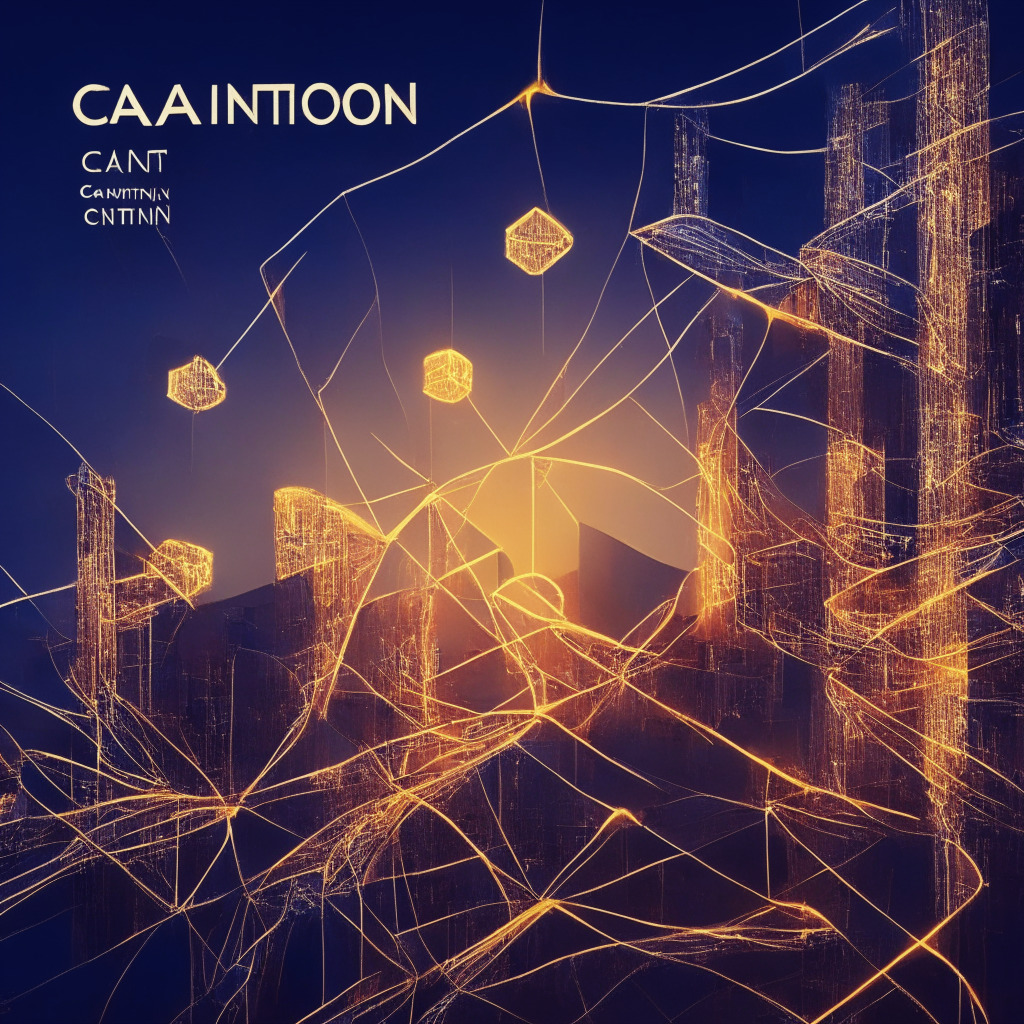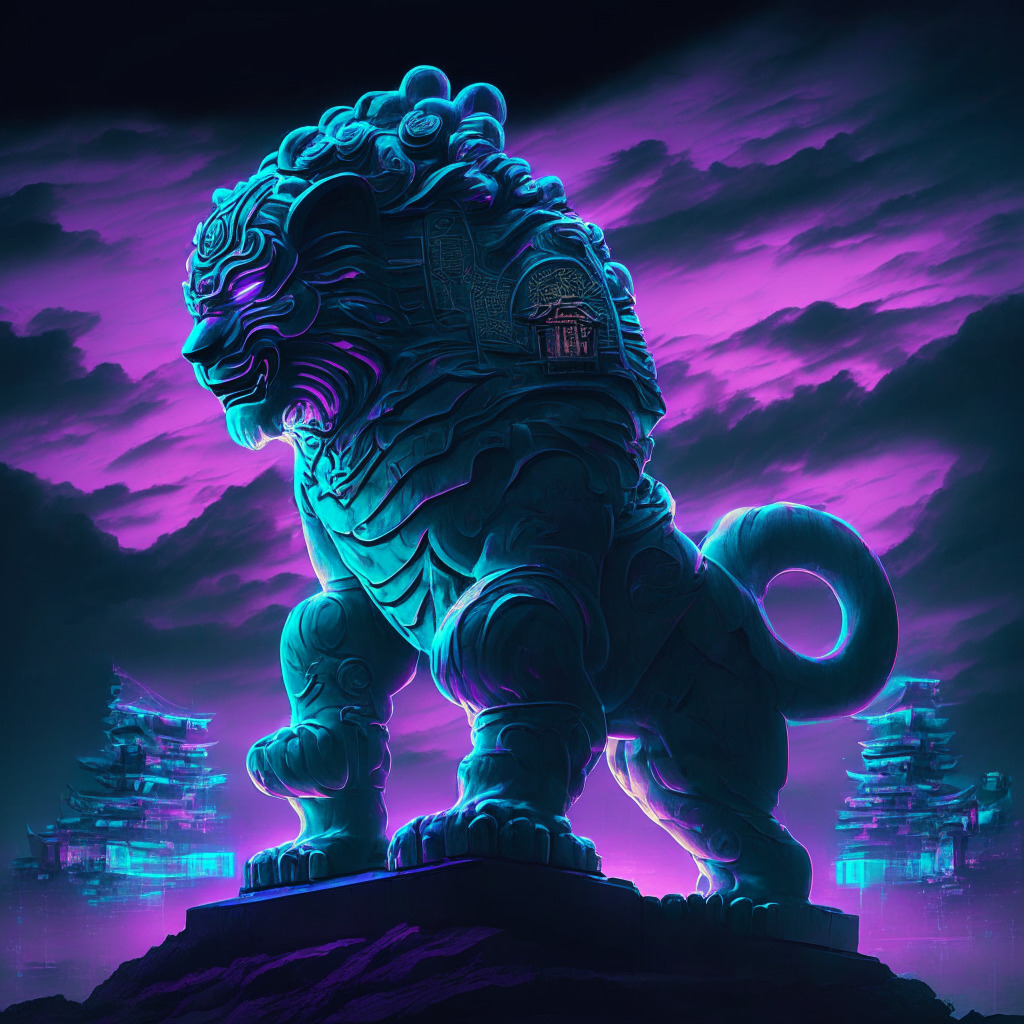The world of gaming and technology is undoubtedly seeing an unprecedented embrace of blockchain and Web3 through the incorporation of non-fungible tokens (NFTs). One of the latest players to come onboard is Nike, as it appears to have plans to team up with Fortnite, the popular online game.
A recent teaser on Nike’s official Twitter account hinted at the collaboration between the sportswear giant and Fortnite creator Epic Games. This partnership could involve Nike’s Air Max shoe brand, a digital apparel platform called .Swoosh, and even Epic Games’ widely-used Unreal Engine software.
Launched on Ethereum scaling network Polygon, .Swoosh began as a digital mint for tradeable Air Force 1 sneakers called “Our Force 1.” This development paves the way for mainstream gaming to incorporate NFTs in the form of virtual apparel and accessories.
One example of this potential integration is with gaming giant EA Sports, as they have revealed plans to collaborate with Nike and .Swoosh on adding NFTs to their future games.
Given the criticism that usually accompanies gaming NFTs and token-driven games, embracing this new approach might help normalize the use of Web3 in mainstream gaming. Fortnite, with its massive player base of 243 million players in the past 30 days, is an ideal candidate to drive this change.
The game is known for generating billions of dollars in revenue by selling digital items, including character and weapon “skins,” amidst partnerships with various brands in entertainment, fashion, and gaming. However, these items have limitations as they are locked within the Fortnite ecosystem and cannot be resold or used within other games or online platforms.
In contrast, NFTs offer a more flexible and attractive approach. These blockchain-based assets can be traded freely and have the potential to be supported and utilized by other games and platforms.
Fortnite, with its widespread reach, serves as an exemplary model of how NFTs could be far more beneficial to users than traditional in-game digital items. If it truly integrates Nike’s NFT platform, it could mark the beginning of a dramatic shift in the gaming world.
While the specific details of the Nike and Epic Games partnership remain unrevealed, the adoption of blockchain technology, in the form of NFTs, undoubtedly holds much promise for gaming enthusiasts and the future of technology.
Source: Decrypt




